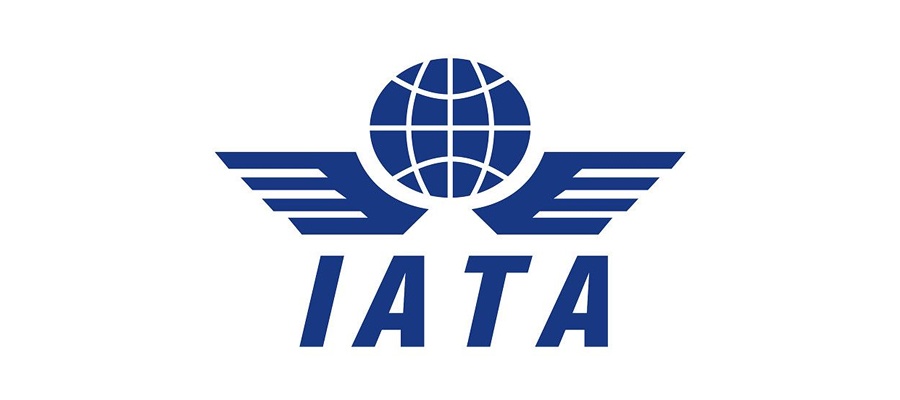The International Air Transport Association (IATA) urged governments to quickly implement the International Civil Aviation Organization’s (ICAO’s) global guidelines for restoring air connectivity.
Today, the ICAO Council approved Takeoff: Guidance for Air Travel through the COVID-19 Public Health Crisis (Takeoff). This is an authoritative and comprehensive framework of risk-based temporary measures for air transport operations during the COVID-19 crisis.
“The universal implementation of global standards has made aviation safe. A similar approach is critical in this crisis so that we can safely restore air connectivity as borders and economies re-open.
The Takeoff guidance document was built with the best expertise of government and industry. Airlines strongly support it. Now we are counting on governments to implement the recommendations quickly, because the world wants to travel again and needs airlines to play a key role in the economic recovery. And we must do this with global harmonization and mutual recognition of efforts to earn the confidence of travellers and air transport workers,” said Alexandre de Juniac, IATA’s chief executive.
Takeoff proposes a phased approach to restarting aviation and identifies a set of generally applicable risk-based measures. In line with recommendations and guidance from public health authorities, these will mitigate the risk of transmission of the COVID-19 virus during the travel process.
These measures include a combination of physical distancing, wearing facemask, heightened sanitation on planes plus a system of testing and contact tracing for passengers.
“This layering of measures should give travellers and crew the confidence they need to fly again. And we are committed to working with our partners to continuously improve these measures as medical science, technology and the pandemic evolve,” said de Juniac.
Takeoff was one element of work of the ICAO COVID-19 Aviation Recovery Task Force (CART). The CART report to the ICAO Council highlighted that it is of “paramount importance to avoid a global patchwork of incompatible [aviation] health safety measures.”
It urges ICAO Member States to “implement globally- and regionally-harmonized, mutually accepted measures that do not create undue economic burdens or compromise the safety and security of civil aviation.” The Report also notes that COVID-19 risk mitigation measures, “should be flexible and targeted to ensure that a vibrant and competitive global aviation sector will drive the economic recovery.”
“The leadership of ICAO and the commitment of our fellow CART members have combined to quickly lay the foundation for a safe restoration of air transport amid the COVID-19 crisis. We salute the unity of purpose that guided aviation’s stakeholders to a solid conclusion. Moreover, we fully support CART’s findings and look forward to working with governments for a well-coordinated systematic implementation that will enable flights to resume, borders to open and quarantine measures to be lifted,” said de Juniac.

